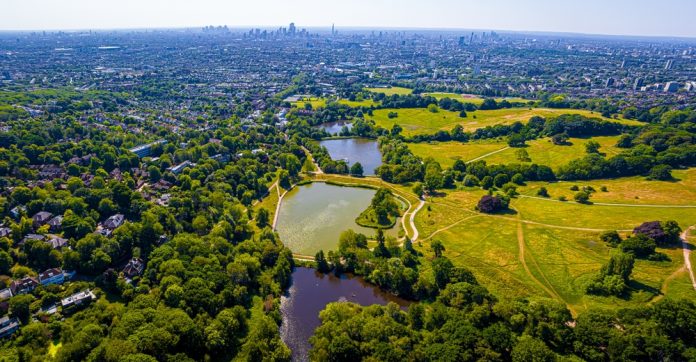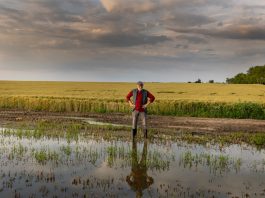Chair of Natural England Tony Juniper says the benefits provided by England’s green spaces make them vital to national prosperity.
Therefore, he has issued a stark warning that a new approach is needed to save England’s green spaces as he launches a major new report on the state of our natural world.
The State of Natural Capital Report, published by Natural England, provides a unique insight into the vital role that healthy nature plays in underpinning our economic health.
The report provides a comprehensive assessment of the state of our ecosystem assets, such as wetlands and forests, and the important role they play in sustaining us and the risks to society and the economy if the status quo is maintained.
The current state of England’s green spaces
The report makes clear the significant place England’s green spaces have on the balance sheet. Changes are being felt in the economy now due to nature depletion, and the consequences are already being seen in the reduction in access to nature.
For example, pollination represents around £500m in benefits in the agricultural industry, with a decline in insect life-threatening the food supply.
Elsewhere, the degradation of soils globally is raising carbon emissions—equivalent to 36% of the annual global carbon emissions from fossil fuels—while more frequent extreme weather events are causing significant economic damage.
The report comes alongside a new risk register, which investigates the threats nature faces and how they could impact a range of policy areas, such as the push for net zero, climate adaptation, food security, water security, and health.
The register also sets out the actions that need to be taken to address these risks to nature and the benefits it provides.
What needs to change?
Tony Juniper, Chair of Natural England, explained: “Nature is in critical decline, with 90% of the UK’s wetlands lost in the modern era and over 97% of lowland semi-natural grasslands in the last century, taking with them countless birds, butterflies and bumblebees.
“England’s green spaces are being wiped, but we continue to act as if we are oblivious to the warning signs from a planet that is struggling badly.”
He added: “England’s green spaces provide £25.6bn of ‘welfare value’ every year, and a range of studies have found that the presence of green spaces, including parks and trees, improves mental health and can reduce crime in urban areas.
“However, around 1 in 5 people do not live within 15 minutes of green space, and they tend to be from more deprived communities.
“This link between green space, social inequalities and differences in health outcomes remains strong and persistent. This has to change; we have to think differently.”









